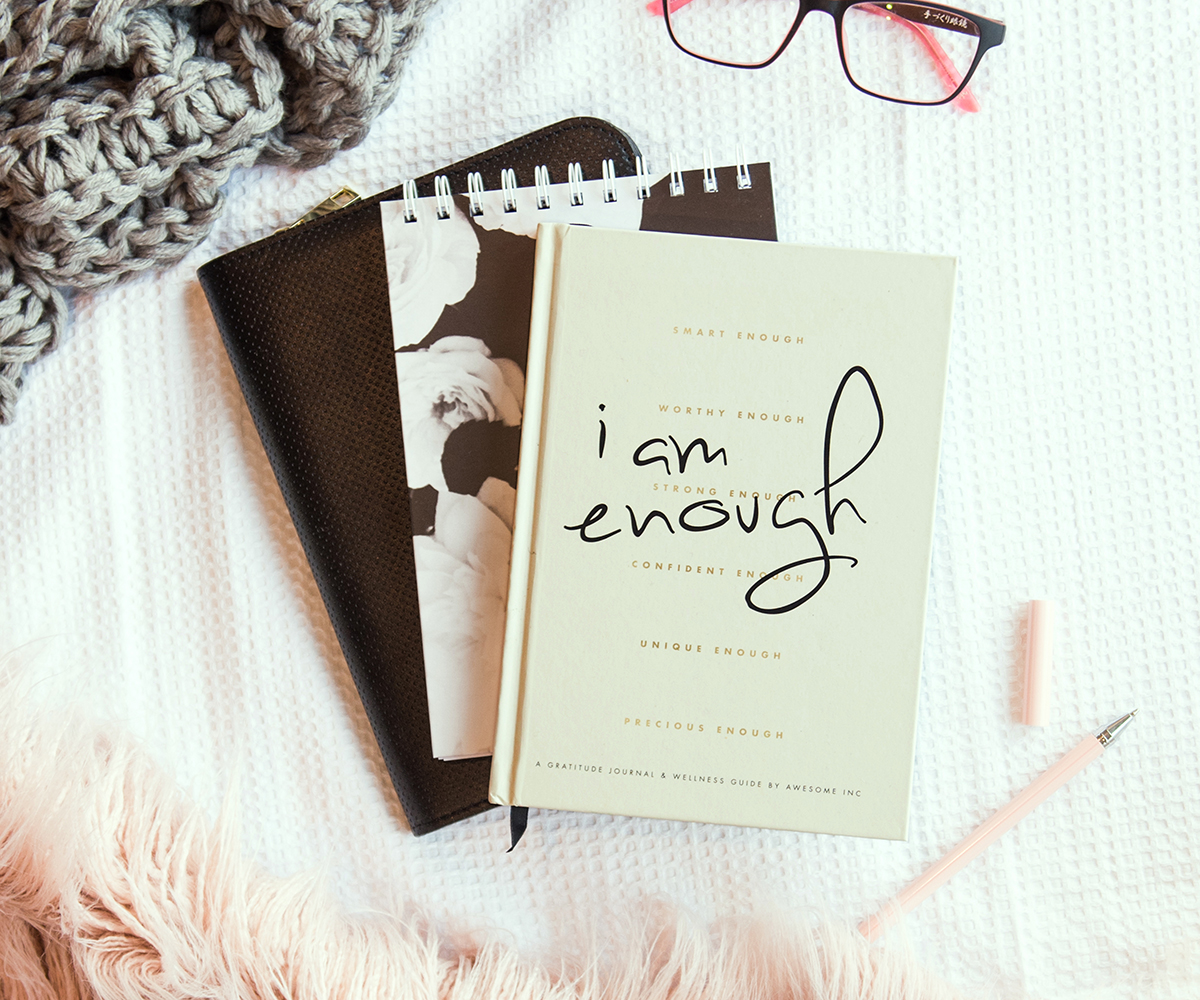We all find ourselves in need of a confidence boost from time to time, whether that’s to do with your 9 to 5, your body, a looming exam – you name it!
We’re bombarded every day with images we see in the media or online of people living “perfect” lives with “perfect” bodies, kicking their goals and celebrating accordingly, and when you don’t feel like you’re anywhere near that perceived perfection yourself, these messages can leave you feeling like a big old sack of potatoes.
There are a few quick and simple ways to boost your confidence that really do work though – instantly, in fact. Read on to find out how.
Clean up your social media
We may not have control over the ads that appear on our TV screens or the hundreds of billboards we see around town every day, but we do have control over who we follow and engage with online.
Give yourself permission to set aside time for a solid social media session, where instead of mindlessly scrolling your feed or flicking through stories, you do a big cull instead. Every time you see an image that makes you feel less-than, unfollow that account.
The fewer accounts you follow, the less time you’ll spend getting lost in other people’s lives online – so that’s a bonus in itself.
But if you revel in a full and ever-changing feed, replace those accounts you’ve dumped with ones that make you smile and boost your confidence. Easy as that!
Keep a gratitude journal
Before you roll your eyes, there are a number of social, psychological and physical health benefits that can come from giving thanks regularly – and it just takes the simple act of writing down a couple of things you feel grateful for to get you there.
Robert Emmons, a world-leading expert on the science of gratitude and professor at the University of California shared some research-based tips for reaping the greatest rewards from keeping a gratitude journal with Greater Good Magazine, part of the University of California, Berkeley:
- Don’t just go through the motions. Research by psychologist Sonja Lyubomirsky and others suggests that journaling is more effective if you first make the conscious decision to become happier and more grateful.
“Motivation to become happier plays a role in the efficacy of journaling,” says Emmons.
Go for depth over breadth. Elaborating in detail about a particular thing for which you’re grateful carries more benefits than a superficial list of many things.
Get personal. Focusing on people to whom you are grateful has more of an impact than focusing on things for which you are grateful.
Try subtraction, not just addition. One effective way of stimulating gratitude is to reflect on what your life would be like without certain blessings, rather than just tallying up all those good things.
Savour surprises. Try to record events that were unexpected or surprising, as these tend to elicit stronger levels of gratitude.
Don’t overdo it. Writing occasionally (once or twice per week) is more beneficial than daily journaling. In fact, one study by Lyubomirsky and her colleagues found that people who wrote in their gratitude journals once a week for six weeks reported boosts in happiness afterward; people who wrote three times per week didn’t. “We adapt to positive events quickly, especially if we constantly focus on them,” says Emmons. “It seems counterintuitive, but it is how the mind works.”
Engage in positive self-talk
It’s true that most of us feel more likely to think negative thoughts about ourselves and our bodies than positive ones, but it’s time to take charge of those thoughts and flip the switch.
If your first port of call when you put on your togs to go to the beach is to criticise what you see looking back at you in the mirror, then think about whether or not you’d offer those same thoughts to a friend standing in front of you in her bikini.
Chances are, you wouldn’t.
So start supporting yourself in the same way you’d support a friend who was in need of a boost.
It’s a hard habit to kick and it can feel really awkward at first (cue actual cringing) but you’ve got to start somewhere for this to all become second nature.
Another tip for switching up the self-talk is to focus on achievements and compliment yourself for those, rather than focusing only on the physical.
“You worked really hard to pay for this awesome swimsuit,” or “I’m grateful that I’m fit and healthy and can make the most of the warm weather today” are both examples of expressing confidence in your achievements.
They key is to think thoughts that feel genuine, true and most of all, positive.
This story was originally published on our sister site, Beauty Heaven.
 Getty Images
Getty Images

